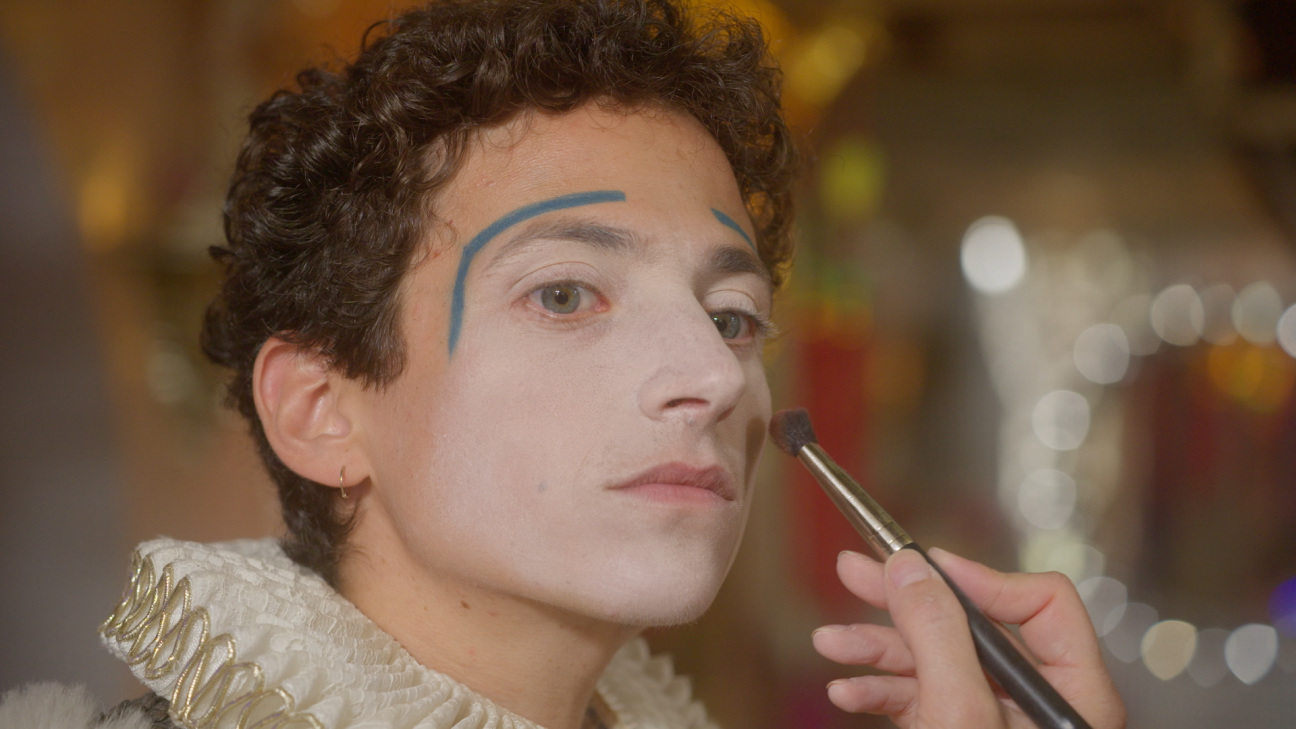
Paul B. Preciado is often asked why he has not yet written an autobiography. This is not an unreasonable question, since at 53 the writer has already led a fascinating life as a gender theorist, philosopher, and sculptor of queer thought. Often compared to the eminent Judith Butler, Preciado has published eight books and is perhaps best known for his 2008 “body essay” Testo Junkie: Sex, Drugs, and Biopolitics in the Pharmacopornographic Era, which chronicles his experiments with testosterone and his theories on the intersections of pornography and pharmaceuticals.
However, Preciado responds, further personal excavation would be superfluous “because Virginia Woolf [already] wrote my fucking biography in 1928.” Preciado is referring to Woolf’s novel Orlando, which follows an Elizabethan nobleman who mysteriously and abruptly changes sex halfway through their 300-year-long life. The book—and its 1992 film adaptation starring Tilda Swinton—continues to be a groundbreaking and beloved artifact of queer and feminist history for its piercing satire of gender, remarkable prose, and insight into its author’s life.
Preciado insists that because Woolf wrote his biography before he was born, he can in turn write her a letter postmortem. This letter is used as the voiceover and central arc of Orlando: My Political Biography, a new film written and directed by Preciado. Starring 20 trans and non-binary individuals in the titular role, the narrative juxtaposes scenes from Woolf’s novel with stories from the actors’ own lives. Fusing documentary, adaptation, and poetry, Preciado’s Orlando does what all fundamentally queer narratives do: by calling on the past, it informs the present and fights for the future. To mark the film’s release last Friday, I sat down with Preciado to discuss the film, his collaborators, and why optimism is integral to the fight for queer rights.
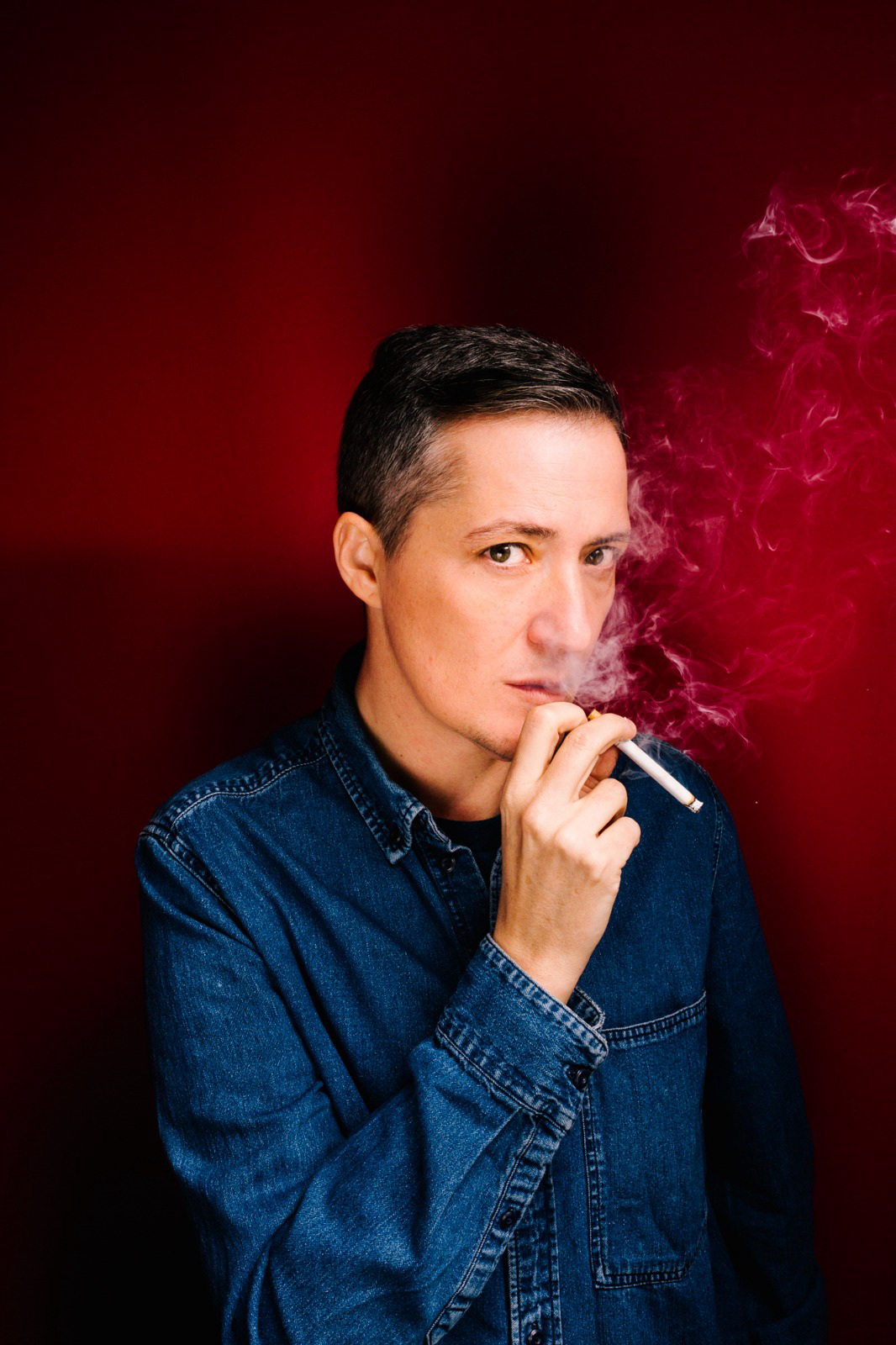
Adam Eli: In your film, as Orlando discovers the meaning of their masculinity they enter an arms store. This may hold particular resonance for an American audience given the prevalence of gun violence in the U.S. Within the gun control movement there is a push to see gun violence as a gendered issue—98 percent of mass shootings are committed by men. Can you talk a little bit about this scene? Was it intentional to arm Orlando with a gun instead of another weapon?
Paul B. Preciado: The film really is, believe it or not, an adaptation of Orlando by Virginia Woolf. This is the scene when Orlando is traveling to Constantinople to act as an [English] ambassador. He is going to engage in this colonial nation. This is when Orlando is a teenager and becoming a man, and this acknowledgment of his masculinity goes through the process of not just becoming an ambassador but also taking up arms and going into colonial war.
The scene is about how masculinity has historically been defined as the legitimate use of violence. Masculinity is to gender what the state is to society, meaning the state is the only institution that has a monopoly on the use of violence socially. In the United States, it's a little bit different because people can be armed, but in most places, the state holds the monopoly on the use of violence. At the level of gender, this is exactly [what is] happening with masculinity.
Masculinity is the acknowledged and socially legitimate privilege of the use of violence. Violence is a technique of producing masculinity—meaning if you do not make proper use of violence, you are not masculine enough. Something I am always thinking about in relation to the current feminist movement is why we don't have a male movement of dissent and disidentification with violent techniques of producing masculinity. What is preventing men from actively and verbally abandoning violent masculinity?
This is [also about] necropolitics, and how we are going to handle the necropolitical history we have collectively. That was crucial [for me], and I had many different ideas about how to do it. Then one day, I was walking in Paris, and I walked past this arms shop which is in the [center of the city]. I entered to see if we could shoot there, and they said I could. The guy who is playing and performing in the film is the actual seller. Funnily enough, some people thought he was trans, and that's the beauty [of it]—that people project being trans or gay on other people who are absolutely not trans … But I really struggled about whether or not to have a gun in the film. Having a gun is almost an inscribed element within the normative script of any modern film. I thought if I had the gun with my voice commenting on how masculinity is being produced it could be okay.
Eli: Throughout the film you discuss historic gender poets and include footage of the giants like Marsha P. Johnson, Sylvia Rivera, Christine Jorgensen, and more. Can you tell us about this? Are there other gender poets that you wanted to include?
Preciado: When I was making the film, I spread out on paper pictures of all the gender poets I wanted to have in it. It was impossible to include many of the historical trans and non-binary gender poets simply because we don’t have film footage of them … And I had to be very careful about the trans and non-binary footage in the film to ensure that I was not indulging or repeating the history of our oppression. For example, it was very important to me when filming and editing that I was capturing the process of emancipation. Many films about trans and non-binary people only show our oppression and as a result they reproduce it.
I wanted to include film clips of the historic gender poets in their becoming of a political subject, in their moments of power. Like Sylvia Rivera in her famous “Y’all Better Quiet Down” speech in which she lambasts the cis white gay and lesbian audience for not including trans, incarcerated, and homeless queer people in the movement. Like the moment in which Marsha P. Johnson tells a reporter with joy and defiance that she won’t get a job so long as America discriminates against homosexuals.
While making this cartography [of gender poets], there was a moment in which I had more archival scenes than scenes we shot, which did not work for my vision of this project. I realized that these archival scenes may create a different film entirely. There is not yet a universal history of gender poets. They are all local histories, and they have to be told in different ways. So I kept all this archival material, and I might do something with it at some moment. We need to have access to these archival pieces, but they need to have their own space. They need and deserve their own context.
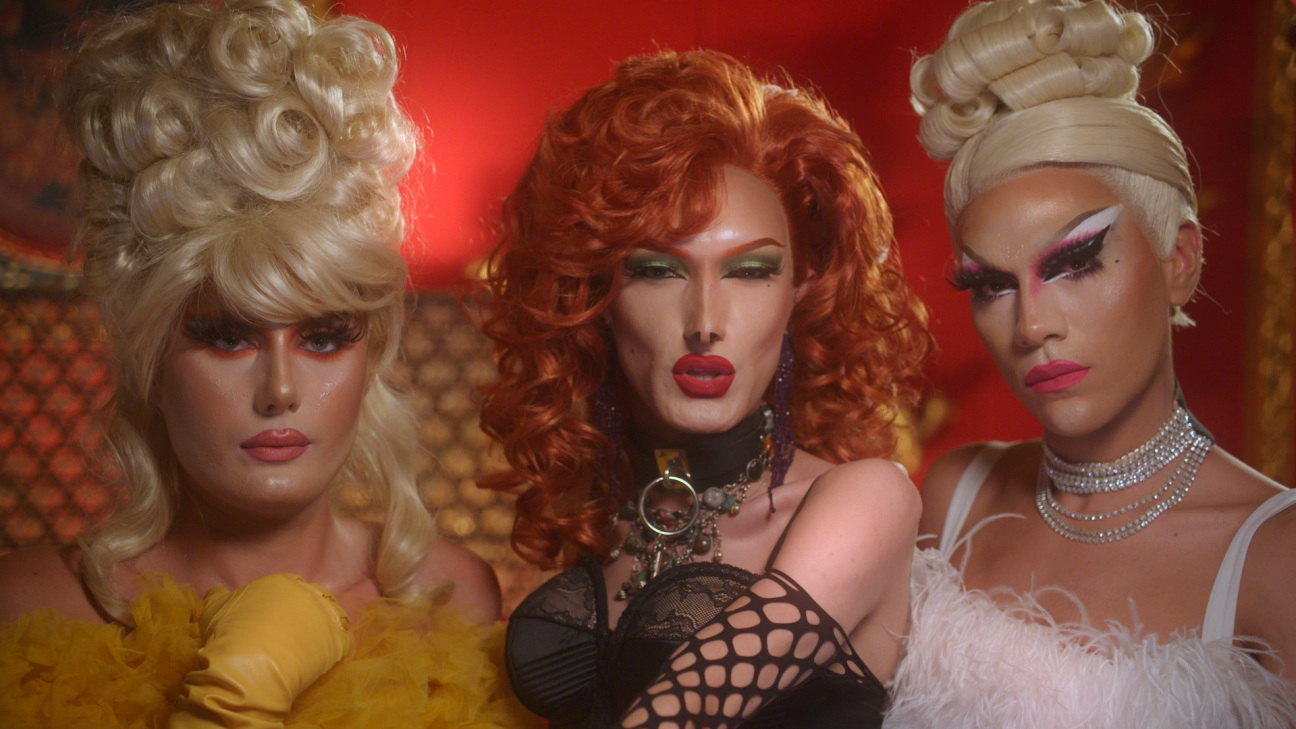
Eli: Throughout the film we see various icons of the queer community including Jenny Bel’Air and Virginie Despentes. There are actors, musicians, models, and more. I nearly screamed when I saw Pierre et Gilles! Can you tell us a bit about the casting process as well as the choice to include these contemporary figures?
Preciado: They are my friends, so it was easy to ask them to be part of this experimental project at the beginning because I didn't know if I’d even be able to make the film. In the case of Pierre et Gilles, I wanted to use their house because their house [has] Orlando-esque architecture. I didn't want to have a traditional, normative, exotic representation of what Turkey is in the film; I wanted it to be already a kind of queer, trans environment.
I told them that, for me, it was the perfect setting for the book. They said they had never allowed anyone to shoot in the house because, for them, it's a work of art. Eventually I convinced them to allow me to shoot in the house and to be a part of the film. It's almost like a community film in a sense because it's not just that I want the house to be the setting, but also I wanted them to be part of the film.
At first I thought that people would ask me, “Why did you include Pierre et Gilles? They are not trans or non-binary!” And I would say that I wanted to have the gay history that has always been part of what we are—non-binary people, the drag queen movement, the lesbian movement, and more. All that is this complex and rich history of resistance and struggle that we live in. What I am interested in is practices of political dissent in relation to the norms.
I wanted to show this heterogeneous, complex community that we are, which has many different ways of struggling and dealing with the norm. So it ended up with Pierre et Gilles being Orlando’s doctor. And in the case of Virginie, she is a part of my life. I love her so much and wanted her to be in the film. She's a writer, and her name is Virginie, so at a certain point, I thought she could play Virginia Woolf, but then I realized I loved the idea of Virginia Woolf not being in the film itself. Also, the more I work on Virginia Woolf, the more I realize Virginia Woolf is a non-binary author.
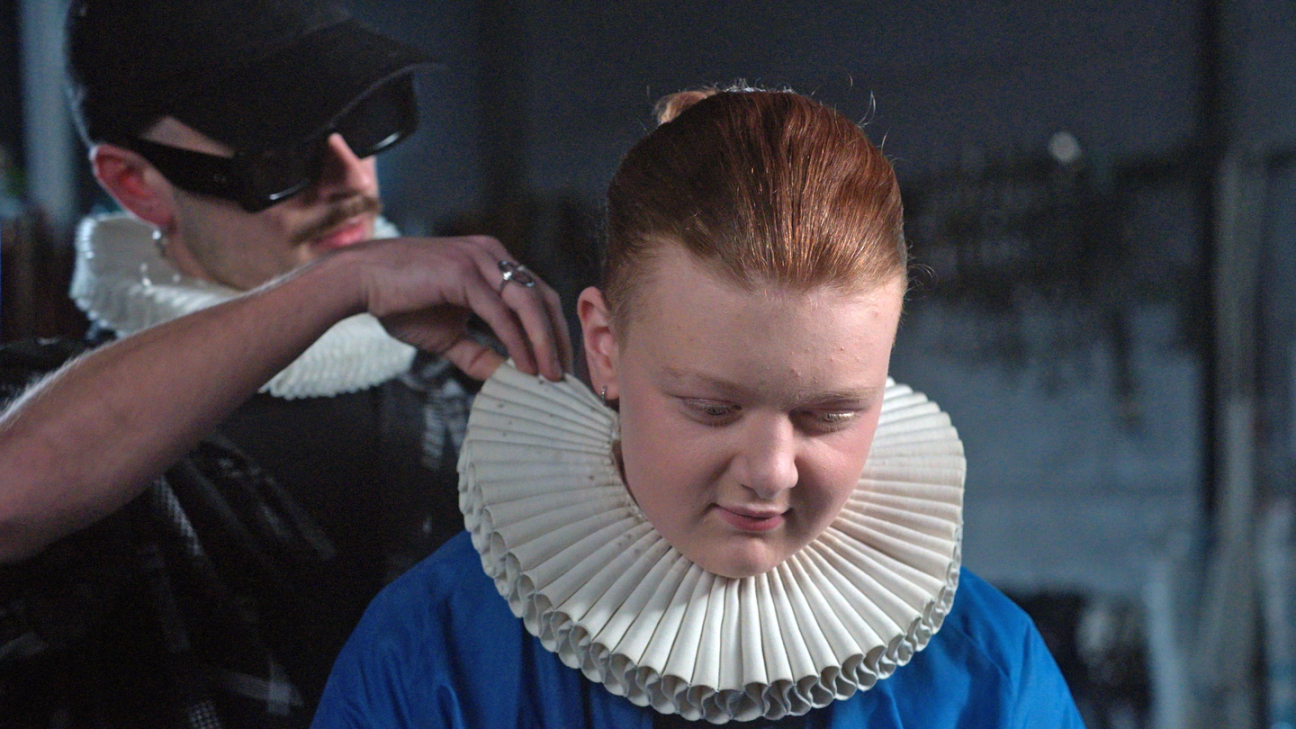
Eli: I know that you had the opportunity to collaborate with Alessandro Michele. I was able to work with him as well and he is a real hero of mine. What was that experience like for you?
Preciado: He’s an artist. He helped make the film possible through funding. Alessandro was there and immediately when I told him the story of the film, he said to me, "This is going to be an amazing film." He creates a queer and non-binary political environment. I really hope to be able to collaborate with him in the future.
Eli: The film ends with a judge ruling in favor of the Orlando’s and the Orlando’s overcoming the bureaucratic terror that reigns on many people in the process of transition. Unfortunately this is not reflective of the current American reality with over 586 anti-trans bills proposed or on the books in 2023. Can you talk about this hopeful ending? Is there any message you have for the queer youth of America?
Preciado: In the film, the judge says 2028 because I wanted to play with the moment in which the book was written, which was 1928, so it is 100 years later. It's also a way of opening up the film into the future as a performative moment, as the dissent of the judge is almost a projection of the future. I also wanted that moment and the whole film to be an acted utopia.
I always say I am enormously optimistic and wanted the film to be optimistic. This is something that I learned from the Black liberation movement—that we cannot afford the luxury of pessimism. Pessimism is the language of haters, conservatives, and so on. Our methodology is optimism because optimism means that collectively, we want to and will change things.
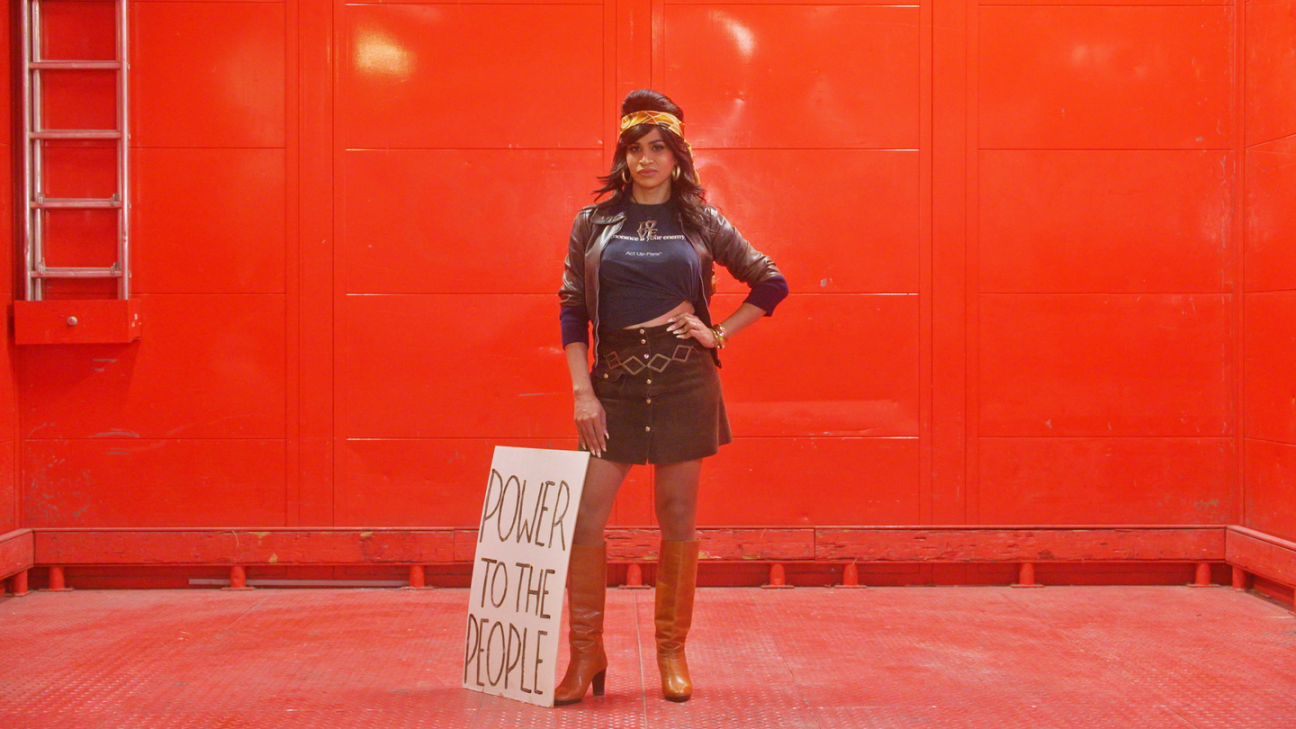
I didn't set out to film joyful scenes; the scenes were joyful. For me, every scene is thought of as a political ritual of recovery, of care, of collective reparation. People don't see that we mostly ended up in each of these scenes in a state of collective madness and enthusiasm because of something being repaired inside of us, and that is exactly what I wanted. There were moments when I didn't know if the scenes I was shooting were good because it was the first time I was making a film, but I knew that something unique and beautiful was happening on the set.
What has been a really interesting experience in the film is that people come from all backgrounds, and there is a moment where people are welcome within the utopia the film seeks to create. Eventually, they might leave the theater thinking that they are part of this revolution, no matter if they are not trans or non-binary; we still need them, we need everyone to transition out of the current political regime of gender.

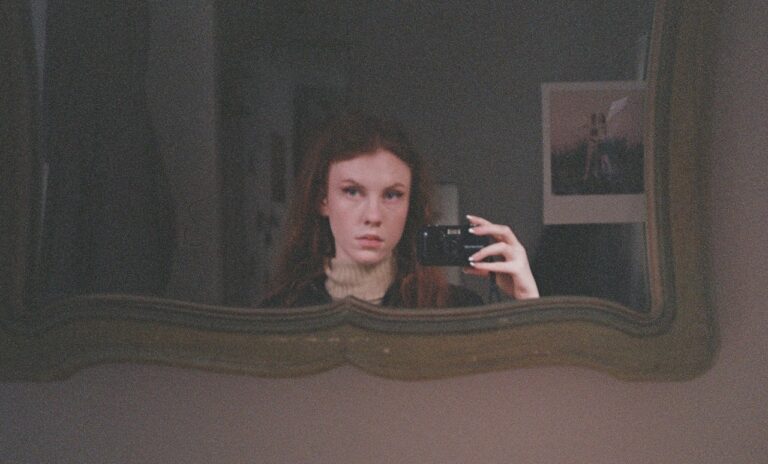
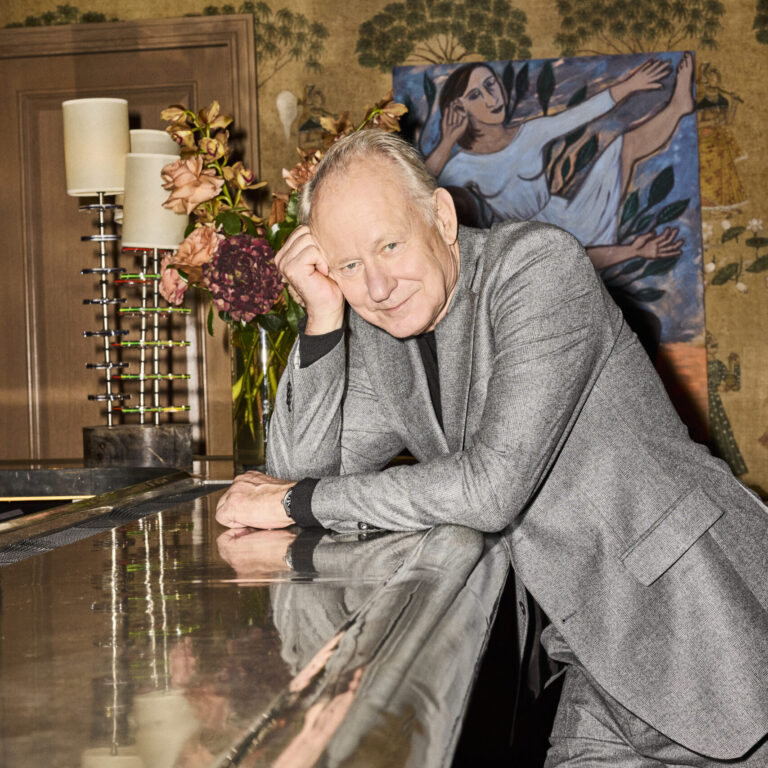
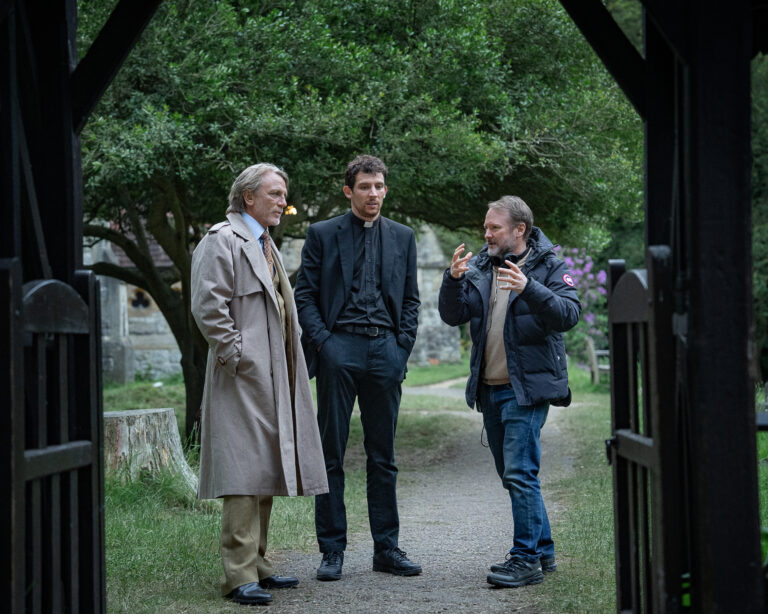
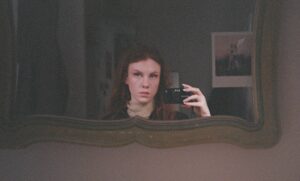
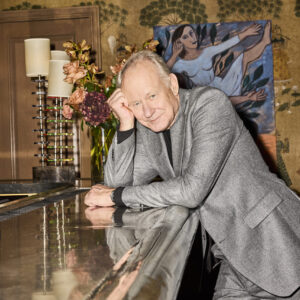
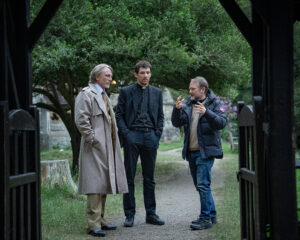



 in your life?
in your life?

